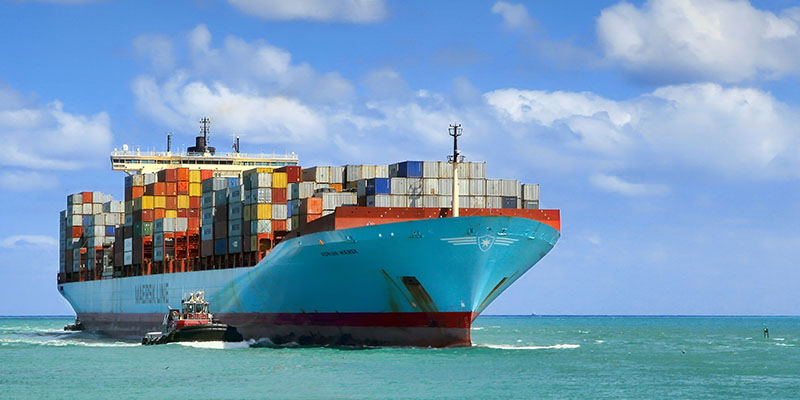Trade, Labour Market and Health – CHAIN – Centre for Global Health Inequalities Research
- Projects
- Global Health Inequalities
- European Social Survey (ESS)
- Trade, Labour Market and Health
- Health Inequalities and Technology – HEALTech
- Ethnicity and health in South African
- Health Inequalities in European Welfare States – HiNEWS
- Health Inequalities in migrant population – MIGHEAL
- Refugee health in Greece – REHEAL
Trade, Labour Market and Health
Trade, Labour Market and Health
 Photo: Colourbox
Photo: ColourboxPrevious research into the health impacts of trade has been limited by a focus on healthcare and individual lifestyle factors, like smoking. This is despite the fact that trade's impact on employment and working conditions is a major point of contention in public debates. Meanwhile, public health literature has convincingly demonstrated the importance of social protection (like unemployment insurance) and labour market conditions for health, but has not considered the role of trade in influencing these conditions. This project, therefore, seeks to generate new knowledge about how trade impacts health through labour market and social protection pathways. Bringing these two, previously independent, research areas together represents a step-change in the field.
The nature of the relationship between trade and health is undoubtedly complex. To tame this complexity, the project undertakes a three-step methodological approach and draws on expertise in key international and national research networks. In the first step, a theoretical framework outlining the relationships between trade, labour markets, and health will be developed by drawing on well-established social epidemiological theories. In the second step, three natural policy experiments will be undertaken to provide new empirical evidence of these relationships. In the third step, we will synthesize findings from these studies and examine them in relation to the originally devised framework. This work will then be used to produce policy briefs which will be widely disseminated to civil society groups, governments and policy decision makers.
